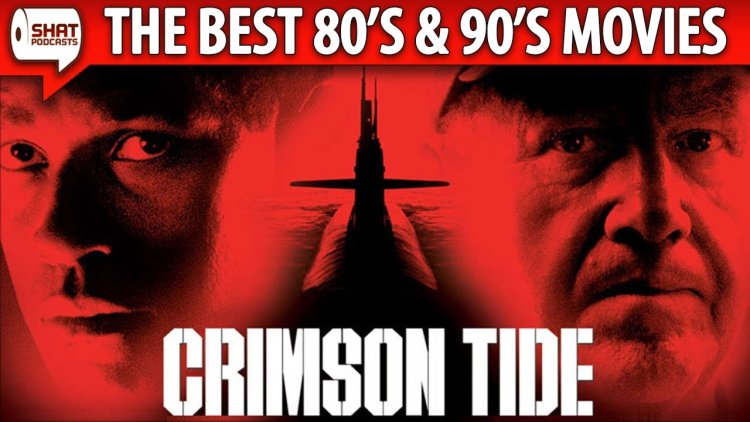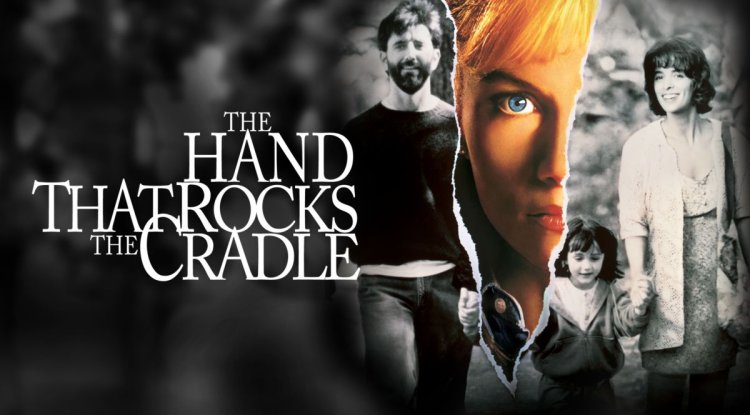Crimson Tide, a 1995 American submarine film
Crimson Tide is a film that centers around the conflict between two Navy officers aboard a submarine, the USS Alabama, during a tense time of political turmoil. The movie explores themes of leadership, authority, loyalty, and morality in the context of a high-stakes military operation.

Plot Summary
The film follows the story of Captain Frank Ramsey, played by Gene Hackman, and Lieutenant Commander Ron Hunter, played by Denzel Washington, as they clash over orders to launch nuclear missiles against Russia. The two officers are at odds over whether or not to follow through with the orders, as they receive conflicting information about whether or not the United States is at war.
As the tension aboard the submarine escalates, the crew begins to take sides and tensions run high. The situation becomes increasingly dangerous as the submarine experiences technical difficulties, further complicating the decision of whether or not to launch the missiles.
Themes
Crimson Tide explores a number of themes that are relevant both to the military context of the film and to broader societal concerns. One of the most prominent themes is that of leadership, particularly in high-stress situations. The film examines the tension between a leader's authority and the need for critical thinking and independent decision-making among subordinates.
Another important theme is the nature of loyalty and duty, and the question of whether or not to blindly follow orders without questioning their morality or implications. The film also explores themes of power, control, and the importance of communication and mutual understanding in times of conflict.
Cinematic Techniques
Crimson Tide uses a variety of cinematic techniques to create a sense of tension and suspense throughout the film. One of the most notable is the use of lighting and sound to create a claustrophobic and intense atmosphere aboard the submarine.
The film also makes use of camera angles and editing to heighten the sense of conflict and tension between the characters. Close-ups of facial expressions and body language are used to emphasize the emotional impact of the decisions being made.
The score, composed by Hans Zimmer, is also an important element of the film's overall impact. The music is used to create a sense of urgency and tension, and to heighten the emotional impact of the conflict between the characters.
Also Check Yellowstone: An Intense Western Drama
Conclusion
Crimson Tide is a thought-provoking and intense film that explores themes of leadership, loyalty, and morality in the context of a high-stakes military operation. The performances of Gene Hackman and Denzel Washington are exceptional, and the use of lighting, sound, and music all contribute to the film's overall impact.
In addition to its cinematic achievements, Crimson Tide has also been noted for its cultural significance, particularly in the way that it reflects broader societal concerns about military authority, the morality of warfare, and the role of communication and critical thinking in decision-making.




























